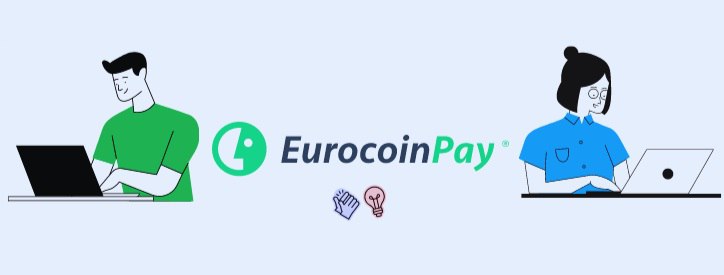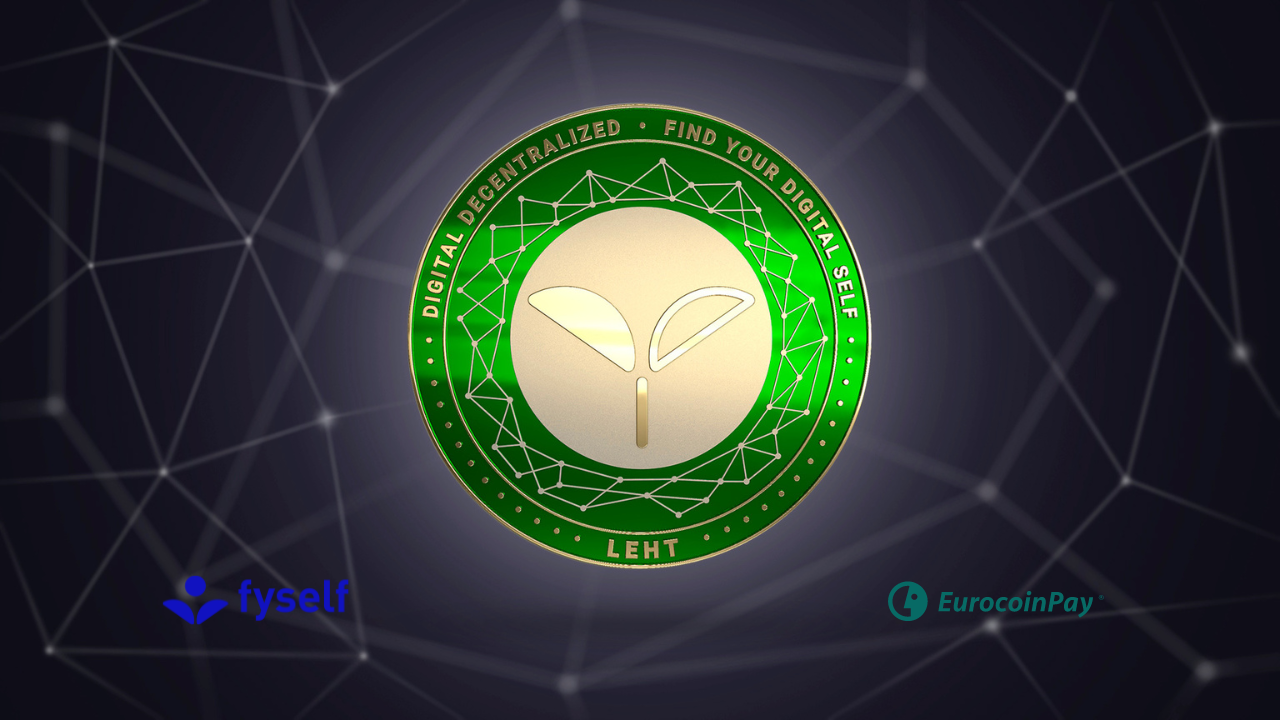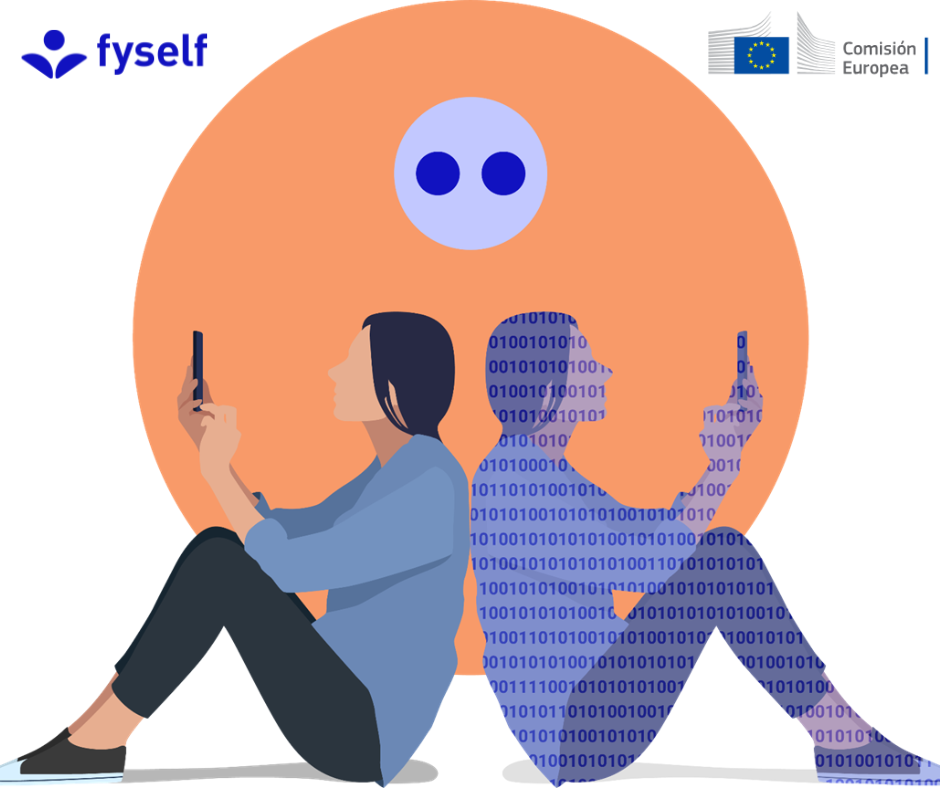Having an online CV: pros and cons
Have you been looking for work lately? If you have, you will know that it never hurts to keep an online CV updated.
The hiring dynamics have changed a lot in recent times. For example, it is now easier than ever to work remotely for a company. Many times, a test is required for applicants to demonstrate certain attitudes, and this test is usually done online. Video call interviews, conferences with shared screens … The Internet provided many tools necessary for professional recruitment.
But it all starts with an online CV.
How to get an online CV?
On platforms like LinkedIn is possible to do it almost intuitively. But it all depends on the objective you pursue with your resume. So far, your options are as follows.
- If all you want is to create a nice PDF file to send by email to the job offers you find, then you should try tools such as HipCV, Visualize me or Canva.
- If you are interested in being in a social network where recruiters may contact you, you can fill out a profile on LinkedIn or Aptitus, where they will probably trust you when you tell them you know how to design with the Adobe package or you can speak 5 languages.
Pros and cons of having an online CV
Having an online CV allows you to have some data about you available for future recruiters. But it has advantages and disadvantages.
Advantages of having an online CV
- 24-hour availability
No matter how hard you are trying to get a job; you can’t just be on the phone every single minute of the day answering questions from people or making calls to vacancy announcements.
Having an online CV is like being available 24 hours and 7 days a week. They don’t need to contact you to make questions, which are answered on your profile. That is why it’s so important that you provide all possible information about yourself truthfully
- Networking on social media
LinkedIn is a social network focused on professional networking, but it is not the only one. For example, with Meetup you can build powerful working relationships through local events and workshops.
On the other hand, AngelList is a site specialized in connecting startups with investors. If you have an idea for a new business or are interested in entering the world of entrepreneurship, fill out a profile there.
- Organized information in the appropriate format
The forms available on these types of websites are usually designed to satisfy all kinds of doubts about the identity of the person and their professional skills.
Although many times users do not fully complete the profile information, the website saves a huge amount of data about them. In some cases, the person grants such data voluntarily, other times they are just not aware of having given them and the great value those data represent to the platform.
Disadvantages
- Fake profiles.
You can’t believe everything the networks say. Between January and September 2019 alone, Facebook removed 5.4 billion fake accounts from its servers. If it is uncomfortable to find a false profile as if it were your friend or follower, it would be even more risky to give details of your company and hiring process to an imposter who pretends to be a professional he is not.
- Uncorroborated skills
Even if a personal profile is based on real names and profession, it is difficult to guarantee that all the skills the author claims to have are real. It would not be strange for many to exaggerate their level of Russian to apply for a position in Moscow.
How to solve this problem? So far, LinkedIn is the service that has gone further with its third-party reviews to people’s profile. But who are these third parties? Are they trained to issue criteria? Or will they evaluate it only basing on friendship or familiarity? It is worth considering a change if you ever had access to a more reliable professional evaluation option.
- Free tools live on your data … and you lose control over them
Social networks are mostly free, or have hybrid payment models. In these models, also called freemium, you can hire a value-added service but you still have a good consumption of information and free participation.
Given the free component of some of these tools … what do you think they live on? On your data.
What would it be like to have the ideal CV?
Having the ideal online CV could be the same as filling out the same extensive forms available on professional social networks but in a place where the information is really validated by others. LinkedIn already came forward suggesting to its users to corroborate the skills and studies of others but … how do you define the reliability of the user who responded to the survey?
Imagine there is a scientific online validation system very soon, in which each person does more than a CV, a summary of their life. And that you can trust the truthfulness of all these data, thanks to the collaboration of the community.
That «community» CV is not far away, I recommend you to be pending to make your own profile.
Artículos relacionados


